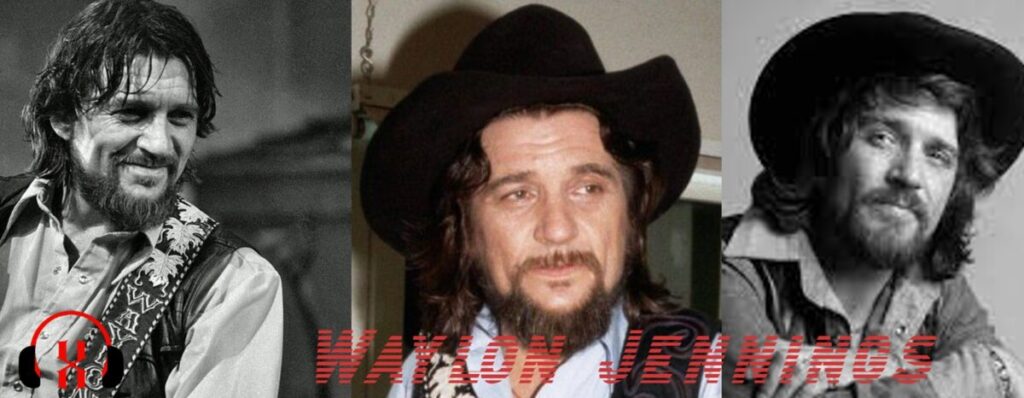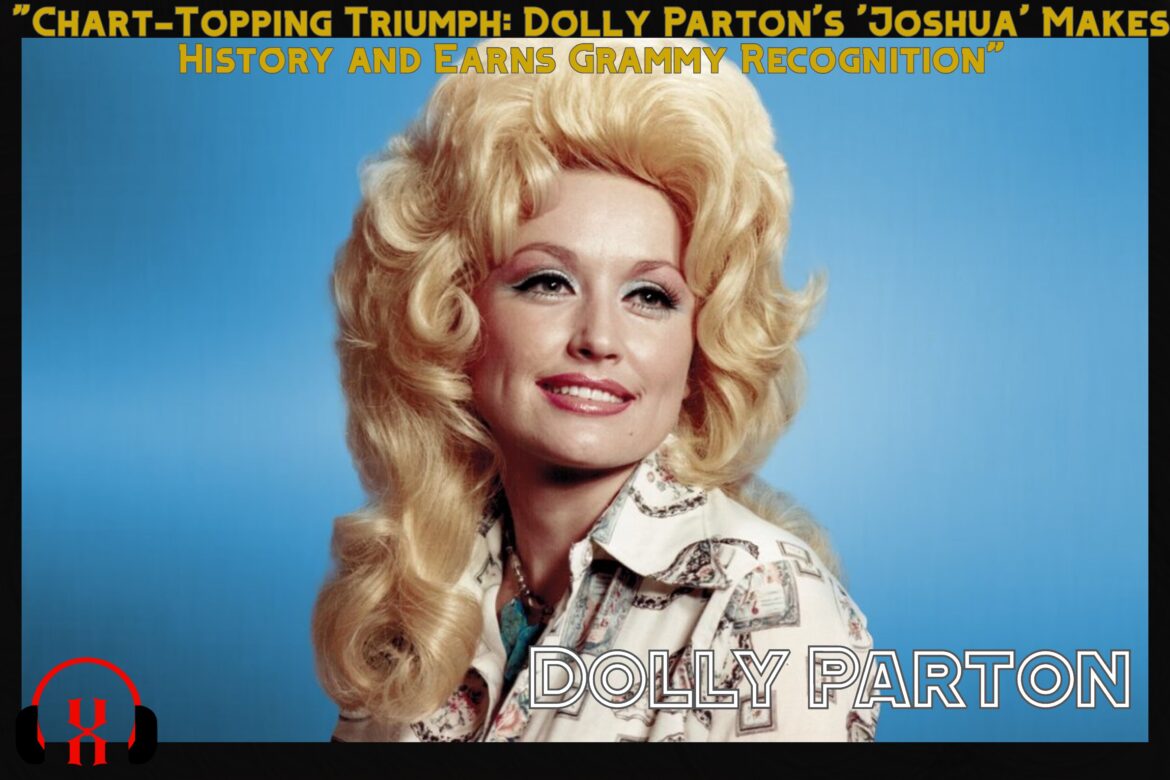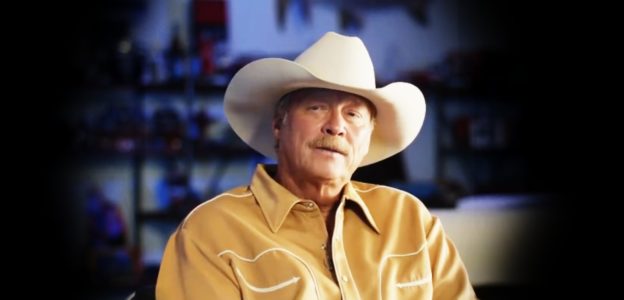![]()
Unveiling the Tale: The Captivating Story of Waylon Jennings and Willie Nelson‘s Song, “Just to Satisfy You”
In the realm of country music, hidden behind the melodies and lyrics, lies a fascinating story that brings to life the creation of a timeless classic. “Just to Satisfy You,” a remarkable tune that resonates with countless fans, carries a unique origin. The masterminds behind this masterpiece are none other than Waylon Jennings and Don Bowman, who joined forces to craft this gem back in 1960.
Before their collaboration, Jennings and Bowman shared a common background as disc jockeys at KLLL radio station in Lubbock, Texas. However, their paths diverged as Bowman relocated to El Paso, while Jennings sought a new beginning in Phoenix, Arizona. Despite the distance, the two remained in touch, and every so often, Bowman would make the journey to Phoenix to reunite with his old friend and pen songs together. It was during one such encounter that “Just to Satisfy You” was born.
Interestingly, when the song was first conceived, Waylon Jennings wasn’t initially thrilled with it, as he had a penchant for being hard to please. In fact, he and Don had even contemplated discarding it altogether. However, in a moment of inspiration, they decided to infuse the composition with a new verse and a bridge, which breathed life into the song and saved it from being consigned to oblivion.
“Just to Satisfy You” saw various recordings by Jennings over the years. The initial version, produced by Herb Alpert of “Herb Alpert and the Tijuana Brass” fame, featured a distinctive harpsichord in the arrangement and was released under A & M Records. Furthermore, Waylon included the song in his RCA audition, a pivotal factor that led to his signing with the label under the guidance of executive Chet Atkins.
However, it was another RCA artist, Bobby Bare, who released “Just to Satisfy You” in 1965, showcasing the song’s brilliance. Despite its exceptional quality, the track astonishingly failed to attain significant success, reaching a modest peak at #31 on the charts. Bobby Bare, for reasons unknown, seemed to encounter difficulty in climbing the upper echelons of the Billboard rankings throughout his career. Even his signature song, “Detroit City,” only reached #6 in 1963, and his sole chart-topper was the comedic record “Marie Laveau” in 1974.
It wasn’t until 1982 that the stars aligned for “Just to Satisfy You.” Waylon Jennings collaborated with the legendary Willie Nelson on the track, marking its ascent to the coveted #1 position. Interestingly, it was later revealed that co-writer Don Bowman had been clandestinely meeting with Nelson, subtly urging him to record the song as part of the duet sessions with Jennings. In this case, it was Willie’s conviction that propelled the idea forward more than Waylon’s.
For Willie Nelson, this decision proved to be fortuitous, as “Just to Satisfy You” followed his previous chart-topper, “Always on My Mind,” to claim the pinnacle of Billboard’s country singles chart. This remarkable feat marked only the ninth instance in history, and the first since 1964, where a single performer consecutively dominated the #1 spot with two different songs. The previous occurrence was when Buck Owens achieved this feat with “My Heart Skips a Beat” and “Together Again.”
Similar to Jennings, Nelson, and Bare (sounding like a formidable law firm), the co-writer of “Just to Satisfy You,” Don Bowman, also experienced considerable success during his time at RCA. Bowman delved into recording comedy LPs for the label between 1964 and 1970, with four of them securing spots on the Billboard country album chart. His debut release, “Chit Akins, Make Me A Star,” even reached the Top 20 on the singles chart, cleverly referencing RCA’s A & R chief, Chet Atkins, albeit mischievously butchering the pronunciation and spelling of Chet’s name.
Furthermore, Bowman’s 1966 LP, titled “Funny Way to Make an Album,” clinched a prestigious Billboard award for “Favorite Country Comedy Recording of the Year.” In 1967, he was honored with the title of “Comedian of the Year” by the Country Music Association (although this category was eventually eliminated two years later). Bowman’s success extended to radio, as he served as the original host of ABC’s syndicated “American Country Countdown” from its inception in October 1973 until April 1978, when he was succeeded by Bob Kingsley. Notably, Bowman’s song “Wildwood Weed” became a hit for Jim Stafford, soaring to #7 on the Billboard Hot 100 pop chart in August 1974.
The tale behind “Just to Satisfy You” exemplifies the intricate web that weaves together the country music landscape, showcasing the collaboration and creative journeys of remarkable artists. It serves as a testament to the enduring power of music and the captivating stories that reside beneath each note, allowing fans to truly appreciate the depths of the melodies they hold dear.
Artist: Waylon Jennings & Willie Nelson
Released: 1969
Album: Just to Satisfy You
Lyrics
Someone’s gonna get hurt before you’re through
Someone’s gonna pay for the things you do
How many hearts must break, how many will it take
To satisfy you, just to satisfy you
Another love, another fool
To play your game
Another love, another fool
They’re all the same
Someone’s gonna get hurt before you’re through
Don’t be surprised if that someone is you
You’re gonna find when it’s too late, a heart that just won’t break
To satisfy you, just to satisfy you
How many tears were cried, how many dreams have died
To satisfy you, just to satisfy you








